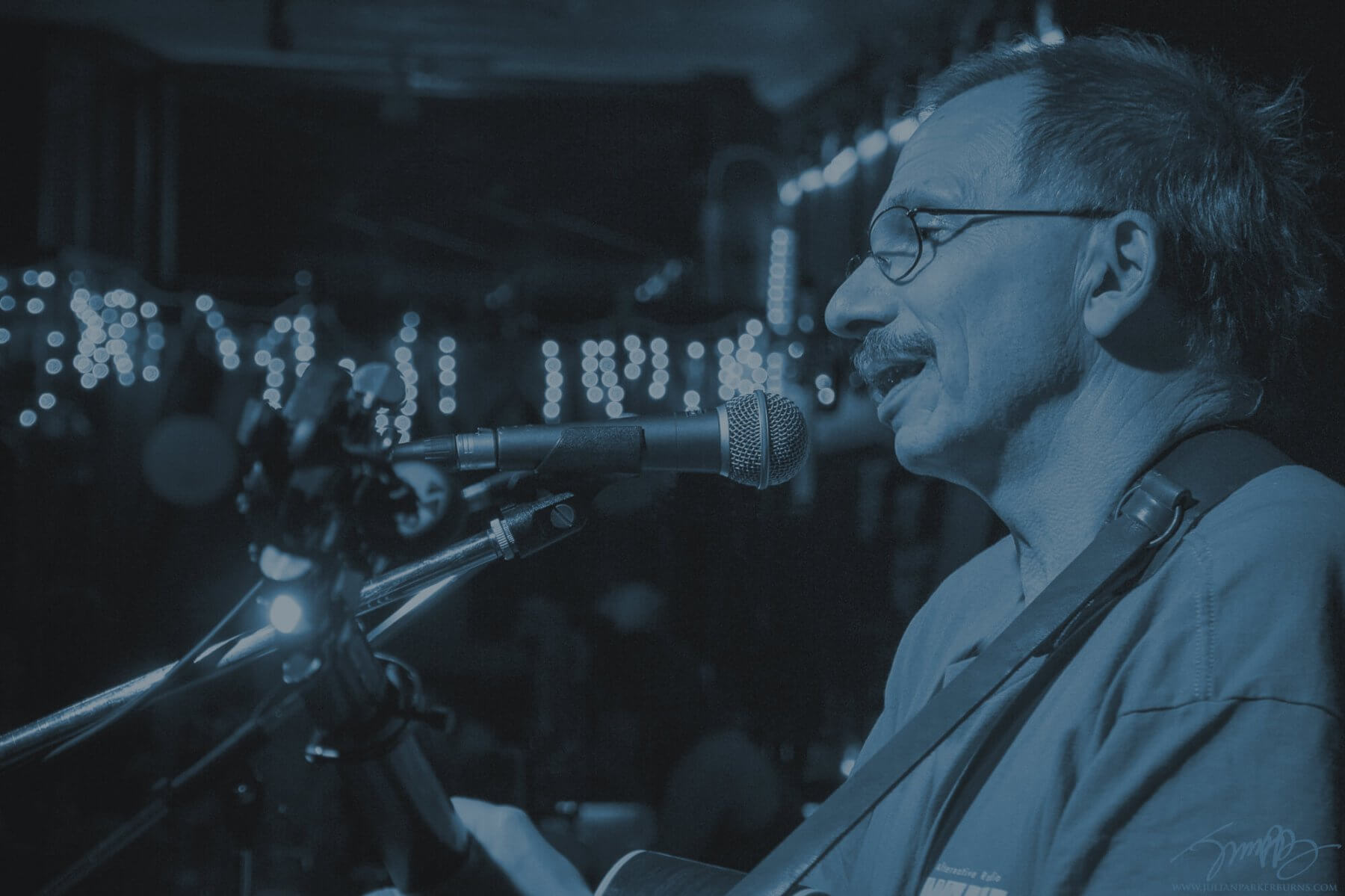Caregiving. This is a non-music posting for a change.
While my music, open mics, and my design work keep me going, I also try to go to my monthly caregiver support groups. There is a dementia group at my library and a Huntington’s group at UConn. My caregiving days are over, for now. But I like to think I can lend support. I continue to get strength from what the others are experiencing.
Support groups.
When I started going to the UConn group, I felt like I was the lucky one. Other members talked about the difficulties they were having. Some called 9-1-1 because their family members with Huntington’s were threatening them, having psychotic episodes, or smoking in bed. When my turn came I would say “I’m doing fine.”
Kathy and I had already navigated through that stuff: drinking, anger, paranoia, verbal abuse etc. So, I was just as glad to be in my own shoes. And not theirs.
And when they heard our story they were thinking, “Boy, I’m glad I’m not him!” That is how it works for me, anyway.
Then for a fairly long period, it seemed like many of the members were in an “okay place”. In the dementia group, there were the inevitable slow declines. But there were also moments of comic relief. One of the caregivers and her husband (with dementia) went to their church breakfast to meet their new minister. As the people went around the table to introduce themselves her husband realized it was his turn. He thought he was at a meeting, and said, “My name is Bob and I have been an alcoholic for twelve years!” Or stories about hiding tools so their husbands don’t try to fix things.
Many of the meetings are about figuring out a solution to some new problem. It might be finding daycare. Or getting disability. Or finding a home or nursing facility for the person to live.
But lately, the downhill curve is steeper for some. In the Huntington’s group, a few of the patients have entered hospice. Their families can no longer take care of them at home. In the dementia group, the spouses are older and have their own health issues. “Bob” is in hospice and his wife (in the story above) is in the hospital. A woman with cancer and dementia is in hospice at home and her daughter is doing everything she can. But there is no point in trying to tell her mom what is happening.
For others, the decline is more noticeable. One woman’s husband was in law enforcement and has eight handguns. He is still lucid enough to know that he has them. Another woman came home to find her husband had super-glued his fingers together. He also has a handgun in his desk. I suggested that maybe she could super-glue the gun.
Grief.
One of the things we talk about is missing what was there before. Grief. Missing companionship. It is like living alone but you are responsible. Taking care of a child that looks like your husband. With Huntington’s Disease, the grieving begins years before the person passes. It affects people differently. A wonderful organization called “Help4HD” that I met through Facebook created an article about Grief and Huntington’s Disease. The author, Sharon McClellan Thomason gathered comments from members of the HD caregiving community and those diagnosed with it. We talked about grief and how we got through it. I think there are parts of it that may be helpful to many people.
Grievance Groups.
After Kathy passed away, I did consider attending a “grief support group” offered by the hospice. I remember mentioning it at one of the other support groups. I got a little tongue-tied and called it a “Grievance Group.” Everyone laughed. We started to think that was a better idea for a group. I ended up not going to the hospice group. I felt I was getting what I needed.


1 comment for “Good grief.”